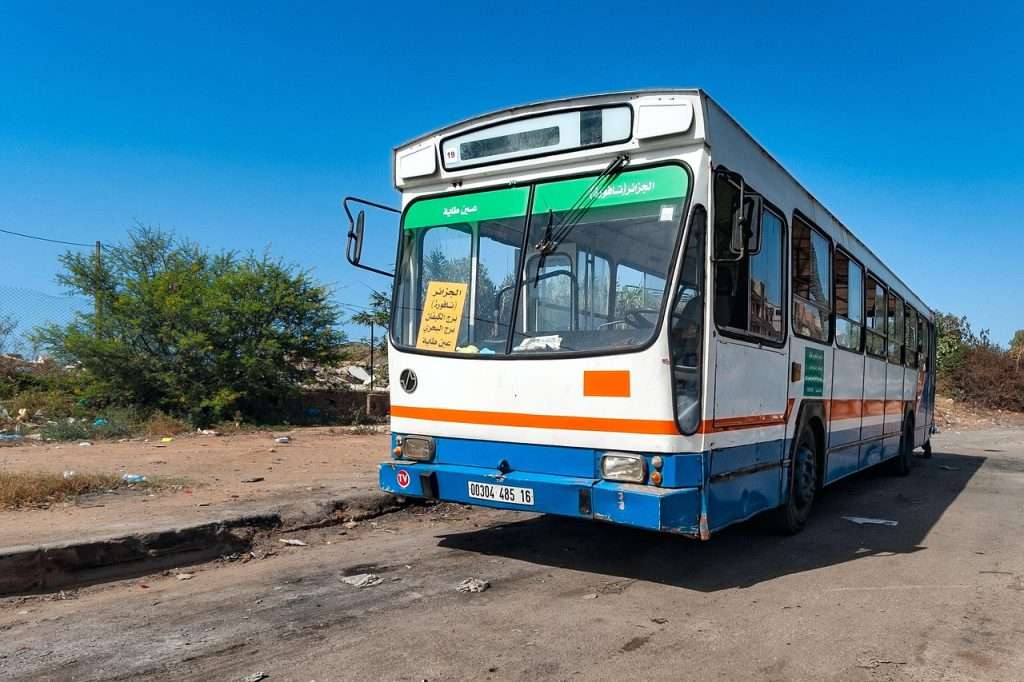The reality behind Algeria’s bus tragedy

On 15th August an overcrowded passenger bus toppled off a bridge into the Oued El Harrach river in the capital of Algeria, Algiers, killing 18 and injuring 24. But that’s not all to report: the Morocco-friendly North Africa Post stated on 18th August that the bus accident revealed a host of deeper problems, including sewage mismanagement, dangerously old infrastructure and an absent presidential figure.
The report highlighted the conditions of the river, which is renowned for its pollution and odour, describing it as a “lake of sewage” left untreated since Algeria gained independence in 1962. Once a national waterway, the river has become a dumping ground for industrial and urban waste containing high levels of metal contamination and ecological degradation. Years of rehabilitation have reportedly not alleviated the river’s toxicity.
The outlet also pointed to weaknesses in Algeria’s infrastructure as being responsible for the tragedy, describing public services as “decaying” and “collapsing under the weight of neglect”. The bus involved in the crash was old, with the outlet claiming that it derived from a fleet where nearly half of the vehicles have been on the road for over 20 years. The Minister of Transport, Saïd Sayoud, responded to criticism about the dilapidated state of passenger buses in Algeria by admitting that “84,000 buses need to be replaced” in the country.
Algeria has reportedly maintained tight restrictions on the import of buses, spare parts, and tires over the years, citing protectionist policies and domestic production goals. Operators have had limited resources to maintain their fleets, with the government insisting on rarely materialising “local solutions”.
According to the outlet, many are now requesting the resignation of Sayoud, who had previously warned of the perilous state of vehicles used for public transport in the country. The government has, in response to the incident, banned buses that are over 30 years old.
The report also underlined the notable absence of President Abdelmadjid Tebboune, who was on holiday in Germany. He issued condolences and declared a national day of mourning from afar. This absence evoked public anger, with many allegedly accusing the regime of being more invested in appearances than accountability.
The North Africa Post, Maghrebi
Want to chase the pulse of North Africa?
Subscribe to receive our FREE weekly PDF magazine














